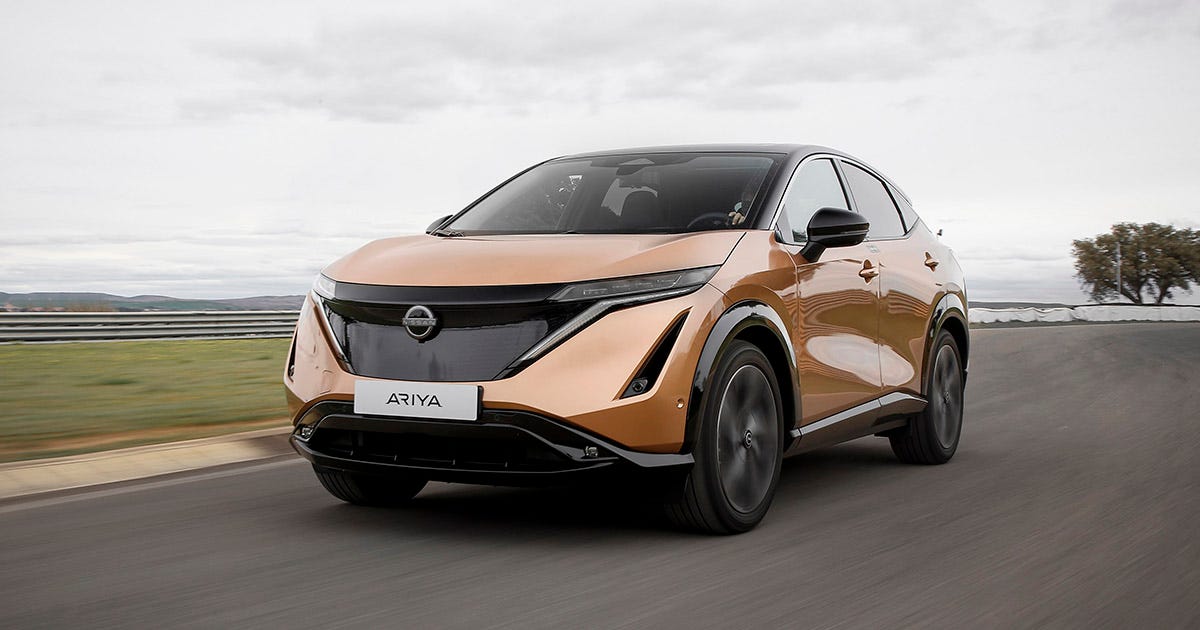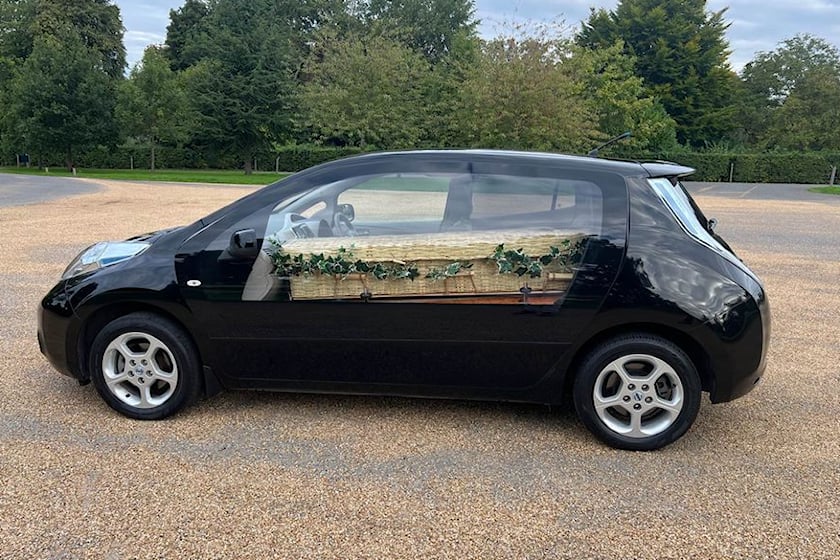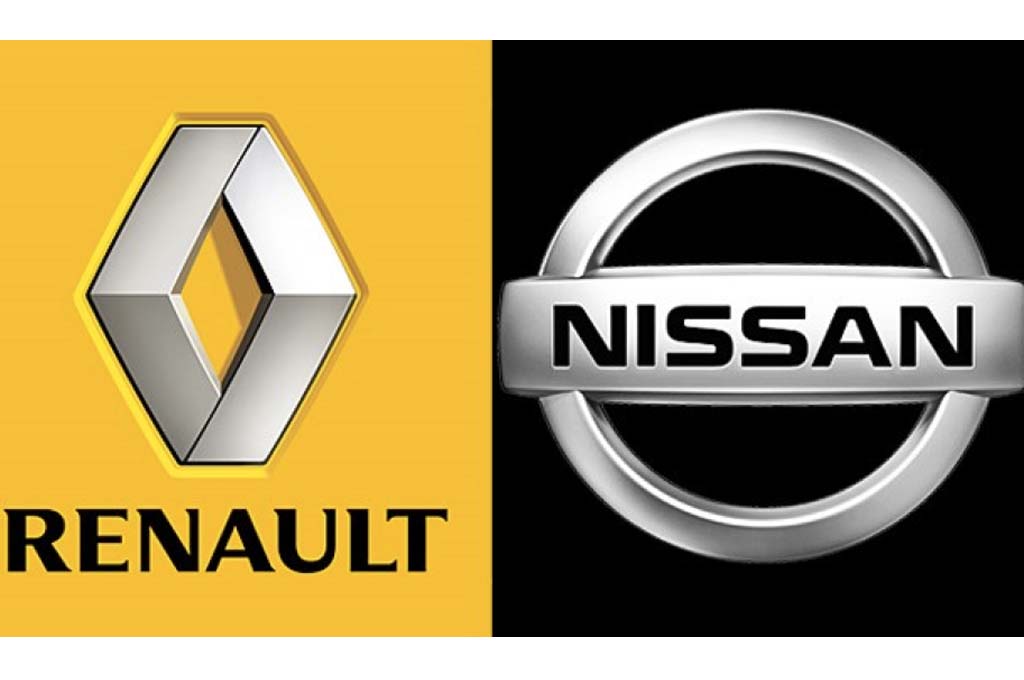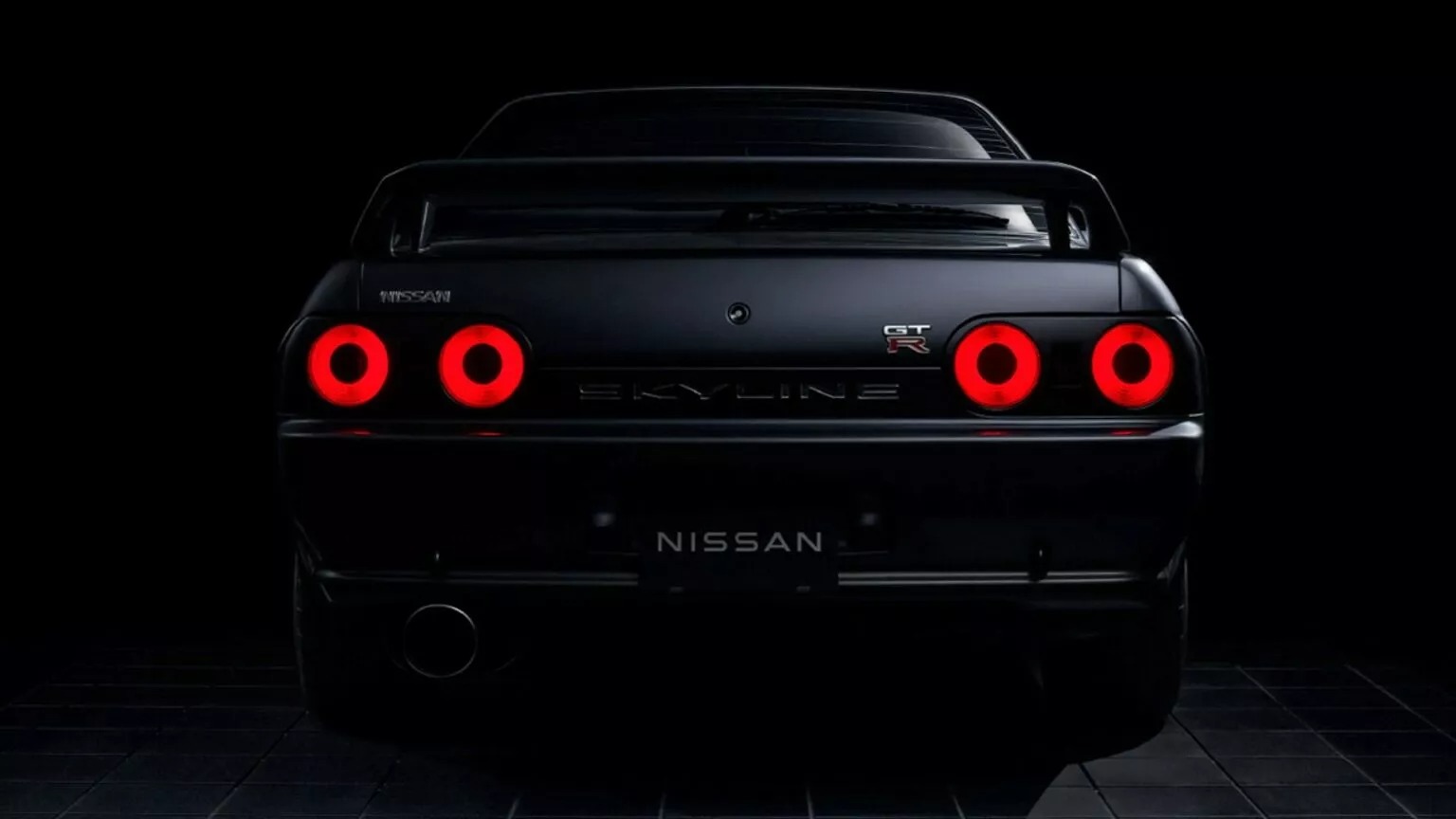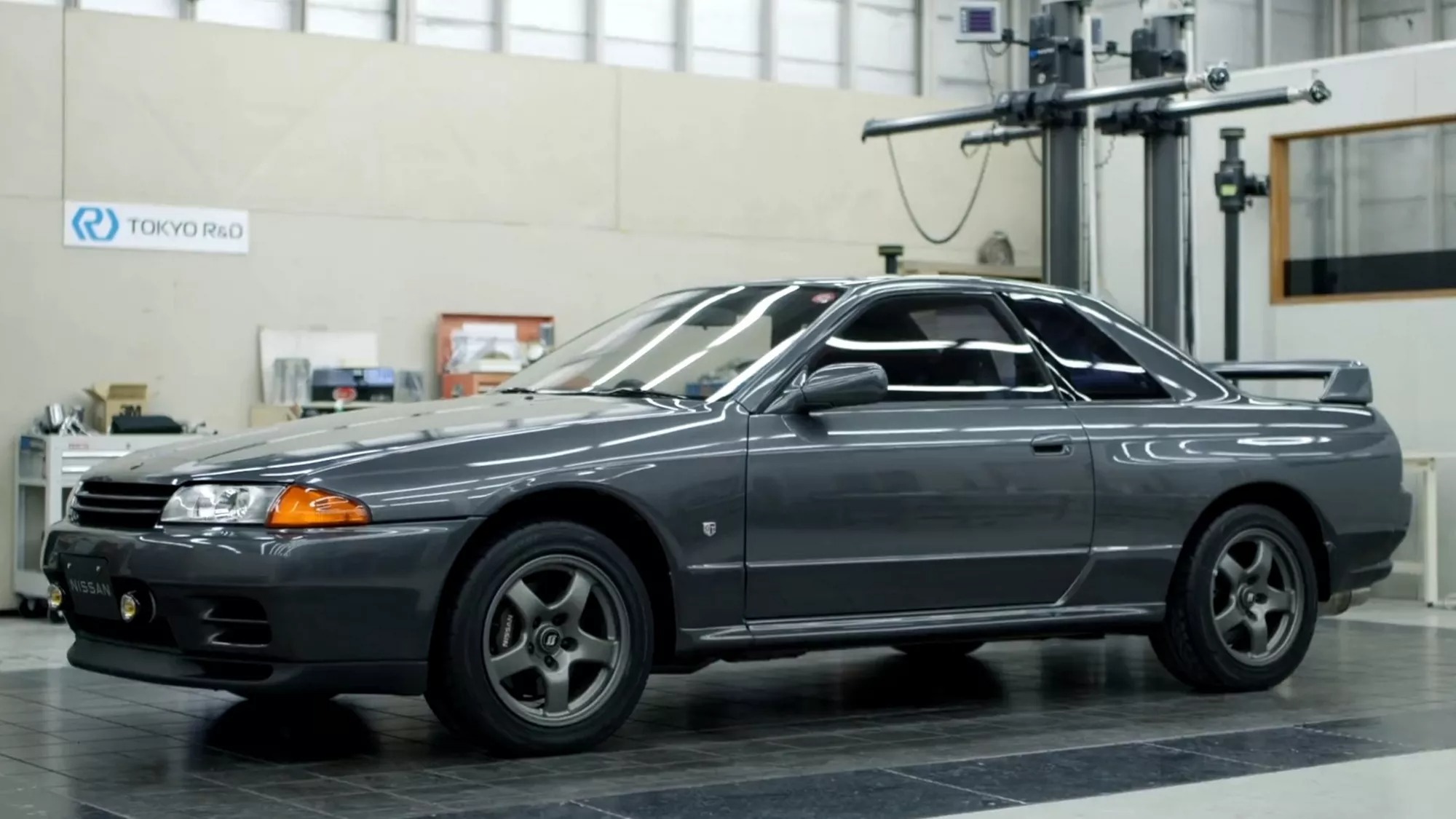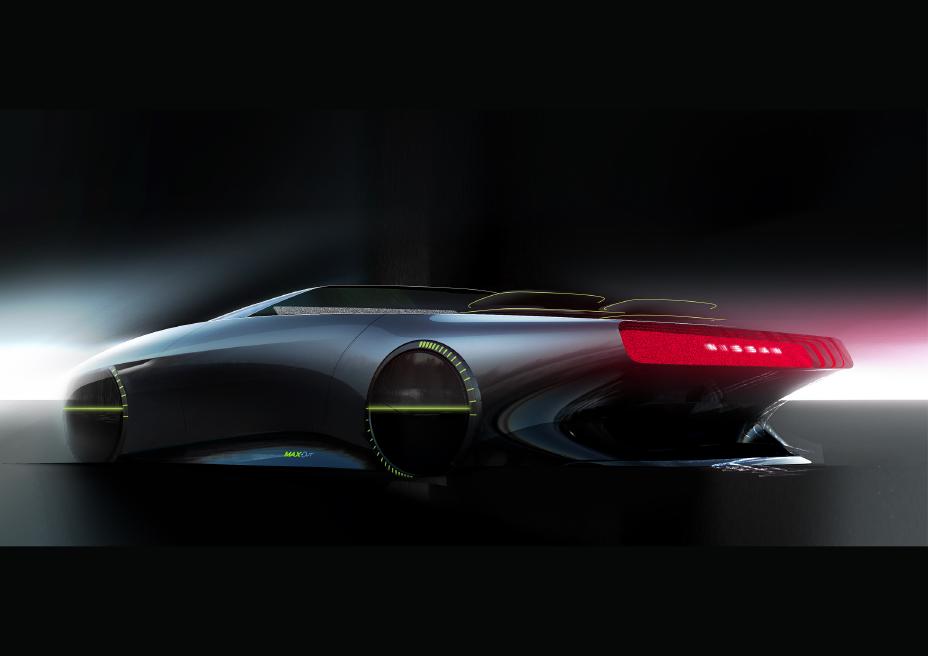Nissan, one of the pioneers in mass-market electric vehicles with its LEAF released in 2010, is facing a setback in its efforts to bring its latest electric SUV, the Ariya, to market. Despite the automaker’s recent announcement to boost electric vehicle production, the Ariya’s production is running at least one-third below planned levels due to supply shortages.
Designed to reinvigorate the brand and carry it into the new era starting in 2021, the Ariya was released last year after several delays with an MSRP of $43,190. However, the vehicle’s production has been hampered by several factors, including a recent voluntary recall of 1,063 Ariya electric SUVs due to steering wheel issues and a shortage of plating for electronic components following a fire at a Chinese supplier’s factory in January.
Nissan’s new EV powertrain approach involves combining electric vehicle and hybrid model production on the same line, which is proving to be an “extremely, extremely high challenge,” according to sources familiar with the matter. As a result, the Ariya’s production levels are expected to fall significantly short of the automaker’s goal of around 400 EVs per day or over 100,000 per year.
Nissan, however, remains committed to its electric vehicle strategy, which now includes 19 new EVs by the end of the decade. Despite the current setbacks, the automaker will continue to invest in electric vehicle technology and bring innovative products to market.
The Ariya, which was part of Nissan’s initial Ambition 2030 EV strategy, represents a key milestone in the automaker’s electric vehicle journey. While production challenges remain, Nissan is determined to overcome them and contribute to a sustainable future through its electric vehicle offerings.

